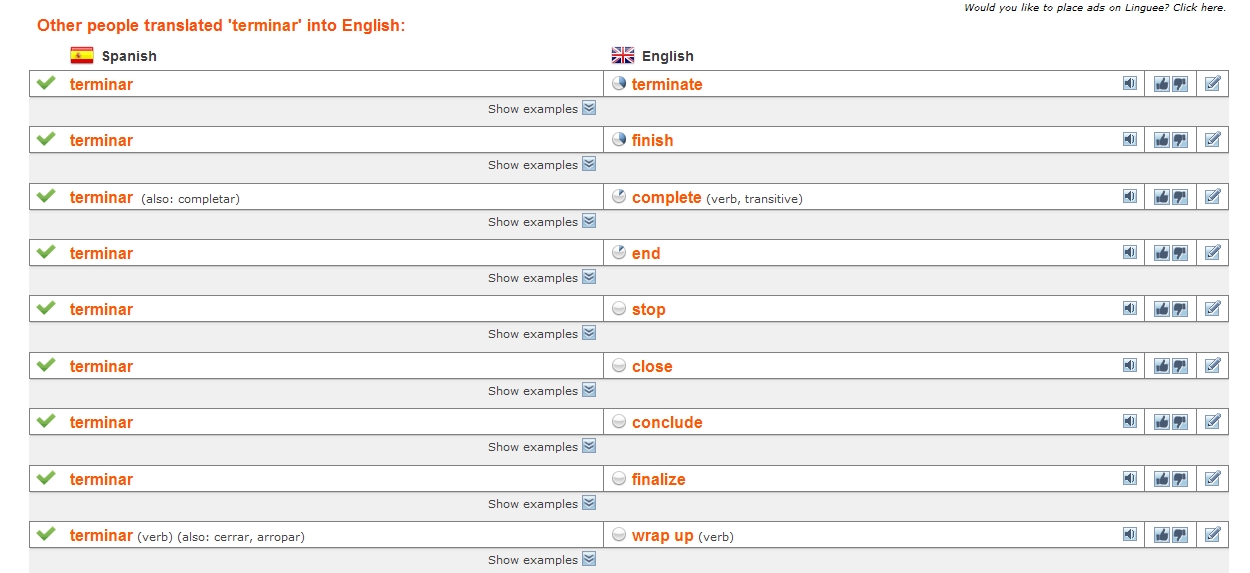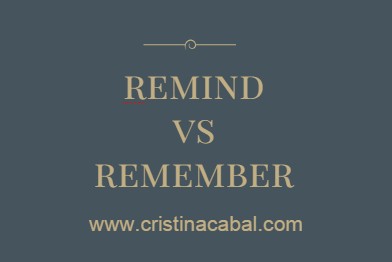
This is an activity I’m going to do tomorrow with my intermediate students and I thought someone might find it useful. It can be done to revise vocabulary and make students write, a skill we often neglect in class. By including visual aid I have made the role of the teacher seem less important and therefore encouraged autonomous learning.
In this activity we will be revising vocabulary, mainly phrasal verbs with “turn” and verbs followed by infinitive or/and -ing.
How to do it:
Ask students to work in pairs and give each pair a blank sheet of paper. Tell students they are going to use their imagination to write a dialogue .Give students a situation they can start with (for ex two flatmates talking about their plans for the weekend; their names Christina and George). The aim of the exercise is to build up a dialogue using the prompt you display in the photopeach slideshow. Once they have written their sentence containing the prompt they have to pass their paper to the students on the left who must continue the story using the next prompt. Sometimes an additional sentence will be necessary to transition form one idea to the next.
Collect their dialogues and stick them on the walls of the class for everybody to read
Revising – Using Prompts to Revise Vocabulary on PhotoPeach
Click here to see a sample of the dialogue. I wasn’t very inspired!



 going to help my students see the difference between these two verbs
going to help my students see the difference between these two verbs  done without seeming like a nag? Is there a way to politely remind people to do things? Yes, there is: it’s called
done without seeming like a nag? Is there a way to politely remind people to do things? Yes, there is: it’s called 